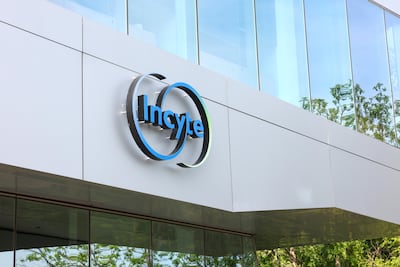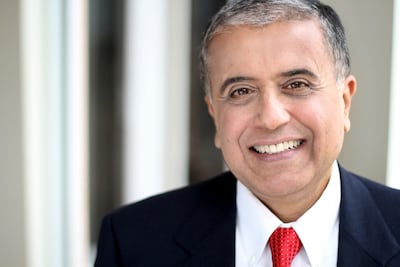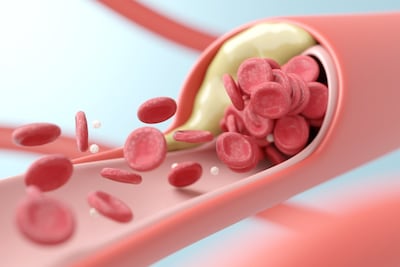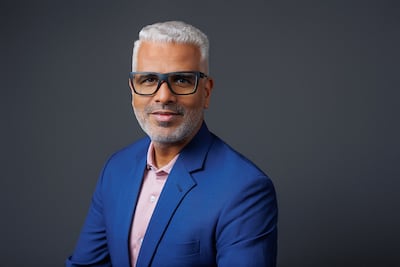Interviews
CEO Bill Meury and president-R&D Pablo Cagnoni outlined the path to reduce Incyte’s reliance on the blockbuster Jakafi as it heads towards loss of exclusivity in 2028/2029.
Scrip spoke with Novo’s SVPs for global research and global business development, Jacob Petersen and Tamara Darsow, about dealmaking and R&D priorities after the company streamlined to focus more intensely on obesity and diabetes.
Revenue from Sun Pharma’s innovative medicines business overtook its generics business for the first time ever in Q2 of fiscal year 2026 and North American CEO Richard Ascroft is focused on maintaining the growth momentum.
Obesity drug MariTide and olpasiran in cardiovascular disease will not produce Phase III data until 2027, but Scrip spoke with Amgen EVP of R&D James Bradner about those programs, near-term pivotal readouts and dealmaking to boost research capabilities.
The Belgian biotech is closing its CAR-T division and pivoting to a new de-risked business development model, with the blessing of long-term investor, Gilead.
Fund IV exclusively targets company creation and early-stage investing across the UK and the US.
The company is getting ready for multiple cancer drug launches, potentially including anti-PD-L1/VEGF pumitamig. Chief commercial officer Annemarie Hanekamp spoke to Scrip.
The company’s chief operating officer and next CEO Karen Massey talked with Scrip about the rise of Vyvgart and how the Dutch biotech is planning for the next phase of growth.
The Swiss pharma company is rebalancing the portfolio, emphasizing best-in-class drugs and moving into new areas like cardiovascular and metabolic disease.
The pharma titan candidly speaks about the M&A landscape, high R&D costs and the potential of AI as the industry gets set to navigate a host of existing and new challenges.
Biogen’s president and head of North America talked to Scrip about the company’s commercial expansion into new areas in immunology and nephrology.
Europe produces world-class science, but lags behind other regions in translating discoveries into groundbreaking innovations that create jobs and drive economic growth. A new fund from the owners of Novo Nordisk hopes to change that.
The CEO of Inno Medicine tells Scrip the Chinese company has developed a novel active-targeting nano-liposomal formulation to reverse coronary atherosclerosis plaque, which has yielded positive proof-of-concept Phase Ib/IIa results.
Servier has deepened its AI-enabled collaborations with a deal potentially worth over €1bn with Iktos to accelerate small-molecule drug discovery for undisclosed targets in oncology and neurology.
Alteogen’s new CEO shares his dynamic five years with the Korean biotech which led to its transformation into a global commercial stage biotech with a potential stable revenue base.
Watch this video to learn more about Asymchem’s expanding R&D capabilities at its European hub in Sandwich, England.
GSK builds up its arsenal of antibody-drug conjugates, while Oxford BioTherapeutics adds another pharma heavyweight to its expansive roster of partners.
To develop bispecific, dual-payload antibody-drug conjugates, Phrontline Biopharma’s strategy is to tune the activity of each payload to a similar level and engineer both toxins to fit within a branched linker, its CEO tells Scrip in an interview.
If approved, VER-01 would be the first cannabinoid-based therapy for chronic low back pain.
After AI’s magic wand status, it's now come to Google and Open AI CEOs talking of the likelihood of a bubble burst. In this interview, Parexel’s India head discusses how to view returns on such investments, the CRO’s own use cases and the US FDA’s keenness on transparency and open dialogue.




















